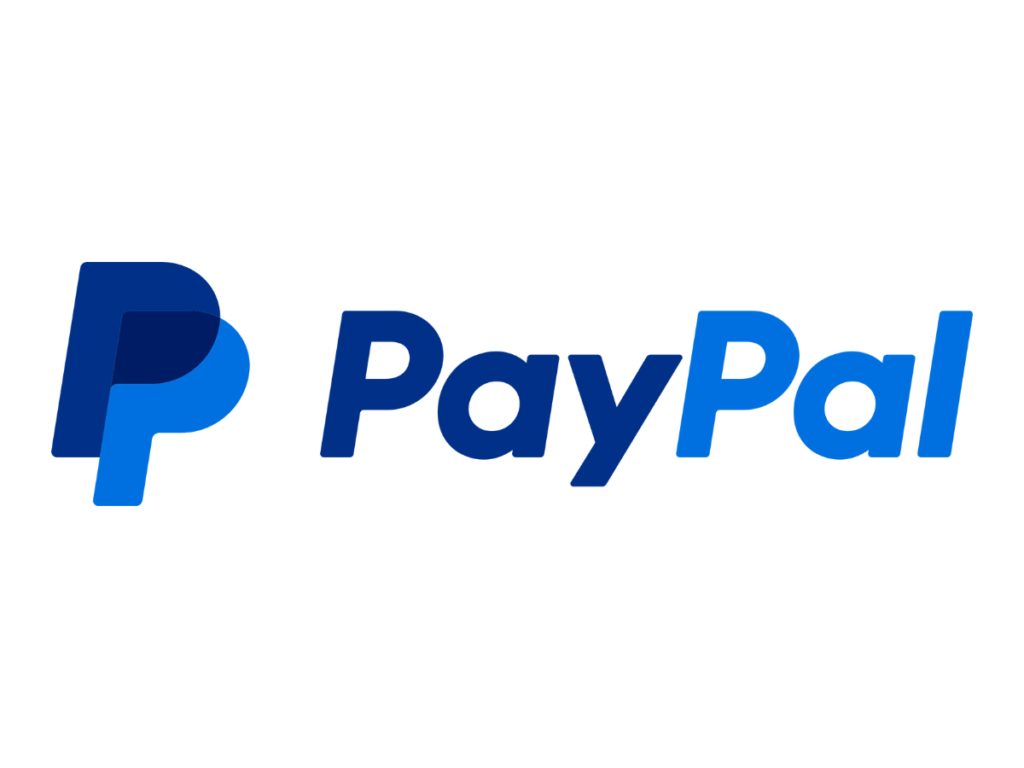American PayPal users can convert their digital assets into cash from their wallets for various financial transactions with a convenient ‘off-ramp’ service.
PayPal, which recently revealed its cryptocurrency-to-dollar conversion service, has important cryptocurrency news. The industry leader in electronic payments has now launched a “off-ramp” service by leveraging its current “on-ramp” offering, which enables users to buy cryptocurrencies.
With the help of this new service, customers may quickly exchange their digital assets for cash from their PayPal wallets (currently only available in the United States).
They can then transfer the money to their bank account or debit card, utilize it to make purchases, or send it to other users. For all the information, see below.
News: With its streamlined access to decentralized payments, PayPal is a leader in the Web3 payments revolution
PayPal, a payment corporation located in Silicon Valley, said on its blog on Monday that it has launched a new cryptocurrency-related service.
This new venture offers off-ramp services for its clients while enabling consumers to quickly transfer their cryptocurrency assets into US cash.
An on-ramp service run by PayPal already enables users to buy bitcoins.
Now that the corporation has added an off-ramp, consumers can more easily transfer their digital assets into conventional currency.
The following was said by the corporation in their official communication:
“With the introduction of off-ramp services, crypto wallet users in the US can now directly convert their cryptocurrencies into US dollars from their PayPal wallet. This allows them to make purchases, send money, store funds, or transfer funds to their bank account or debit card.”
This service is already running on MetaMask and is currently available for digital wallets, decentralized apps (dApps), and non-fungible token (NFT) marketplaces.
PayPal also emphasized that Web3 merchants can utilize the service off-ramp and benefit from the service’s strong security features and tools for managing fraud, issuing refunds, and resolving disputes.

PayPal’s most recent cryptocurrency news
As is well known, the payments behemoth has significantly increased its operations in the bitcoin sector in recent months. This most recent move occurs just one month after PayPal unveiled their stablecoin pegged to the US dollar on the Ethereum blockchain, which is not surprising.
Paxos and PayPal worked together to create the PYUSD stablecoin, which will soon be made accessible to PayPal’s US users.
In order to facilitate cryptocurrency transactions in Europe and make it simpler for Europeans to buy cryptocurrencies, the company has also teamed with Coinbase.
A new interface that enables US consumers to buy cryptocurrencies including Bitcoin (BTC), Ethereum (ETH), and Ethereum Classic (ETH) using their PayPal accounts was recently unveiled by cryptocurrency wallet company Ledger.
The most recent declarations made by former PayPal executive David Marcus
David Marcus, a former PayPal executive and co-founder of Lightspark, a Bitcoin (BTC) payment service, shared his optimism regarding the potential of Bitcoin’s Lightning Network to streamline the challenging process of transferring money between different jurisdictions in an interview with CNBC on September 11.
The Lightning Network, as we are all aware, aims to improve the usability, effectiveness, and suitability of Bitcoin transactions for tiny payments. Before registering them on the primary blockchain of Bitcoin, it conducts BTC transactions independently.
In this interview, David Marcus expressed his viewpoint that, despite his attempts to help society get past the current “global payments fax era,” he does not think Bitcoin will ever be a widely used form of payment.
The former executive gave the following example as a concrete illustration:
“If you want to communicate with someone, you could simply ask for their email address and send them an email instantly, or you could send a message. But there is no universal protocol for transferring money over the Internet.”
It would be necessary to establish a bank account number and pay a $50 charge for an international wire transfer at a local bank in order to send money to non-US citizens, Marcus said, adding ironically, “if it’s after 5 AM on a Friday, tough luck.”
Prior to getting involved with Bitcoin, Marcus had worked on NOVI, a stablecoin wallet program created by Meta. However, after an unsatisfactory relationship and regulatory challenges, Marcus left the firm at the end of November 2021 and cited his “entrepreneurial DNA” as the primary reason. He introduced the Lightspark service after six months.











